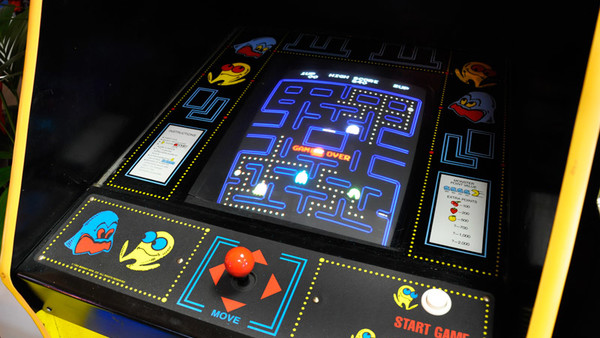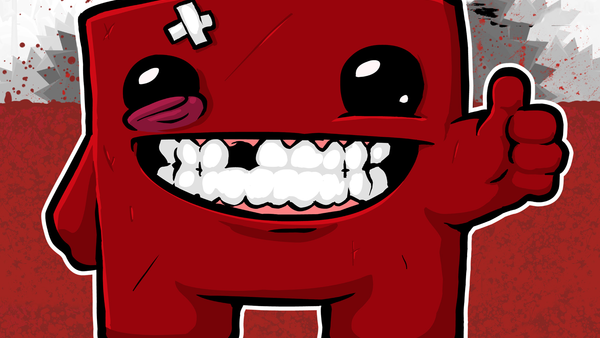How Pac-Man Is The Most Influential Game Of All Time
3. Moving From Niche To Accessible

Though developers had tried and failed to balance their games for both experts and beginners before, in their attempt to keep players engaged and coming back to arcades, difficulty was treated in a very specific way. Often being accessible and easy in the first stage or so, the challenge would spike quickly to the point where the idea of it being "winnable" was so far out that players would have to dedicate themselves to overcome the challenge.
This certainly meant those players who classed themselves as "experts", taking pride in their high scores, would return to try and "beat" the game, but the more casual market would be alienated even more, with the assumption that video games "weren't for them".
Crawford further explains this tightrope that each game had to walk when it came to gameplay loops and difficulty, stating:
"If players perceive their failure to be a result of their own limitations and decide that winning the game requires superhuman performance, they reject the game as unfair and unwinnable situation. But if players perceive failures to be attributable to correctable errors on their own part, then they believe the game to be winnable and play on in an effort to master the game."

Pac-Man was the first real game to nail the second half of that equation. Sure, the difficulty ramps up the longer you play, but it never devolves into a screen of bullets or enemies that require superhuman reflexes or practice to beat. Instead, mistakes are presented as slight errors on your part - from an ill-advised turn or squandering the use of a power-up - resulting in problems that always appear to be correctable.
Instead of criticising the game for being broken or too demanding, Pac-Man instead encourages you to keep playing with the promise that you're constantly getting better, correcting your errors in a way that will eventually allow you to win the unwinnable.
This balanced design philosophy influenced the tough-but-fair approach that some developers are lauded for relying on today. Dark Souls obviously gained huge acclaim for offering a ridiculous challenge that still felt winnable because the combat encounters were never unfair or insurmountable. Every death was on you: a mistake you had made and something you could improve upon if you just kept playing.
Super Meat Boy is perhaps an even better example, presenting players with death-trap screens that look absolutely impossible at first glance, but appear winnable because the challenges are always fair. All of these experiences were made possible because Pac-Man normalised that design approach years prior.